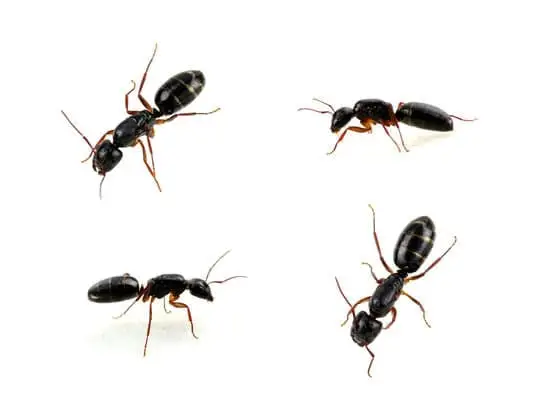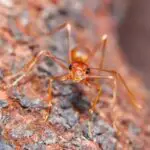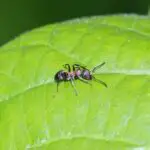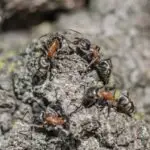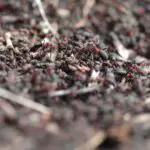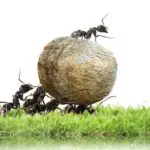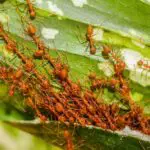Do Ants Rake Aphids?
Whether or not ants raise aphids depends on the species involved. Aphids and ants are symbiotic, which means that the two species benefit from their relationship. Researchers describe ants as farmers, as they are responsible for protecting aphids from predators and fungal outbreaks. Ants also tend to herd aphids, carrying them to a new food source.
Some species of ants are known to be obligately dependent on aphids for survival, such as Lasius flavus. They also tend to herd aphids into nests, and carry their eggs to a new food source. In addition, ants can actively lay semiochemical trails to attract nest-mates to a profitable food source.
A recent study looked at the influence of ants on aphid dispersal. They compared the dispersal of aphids that had been tended by ants with those that were not. Ant-tended aphids were found to have higher host specificity than their non-tended counterparts. This is in part because ants tended to feed aphids in the early instar stage, which increases protein intake. Ants also secrete a chemical from their feet that slows the aphids’ movement by about a third. This may explain why ants have such a strong preference for green aphids, which produce nutrient-rich honeydew.
Lasius japonicus ants were found to be very protective of red and green aphids. They had a strong preference for green aphids, and actively managed reproduction rates of the inferior morph to ensure reproduction of the green aphids.
